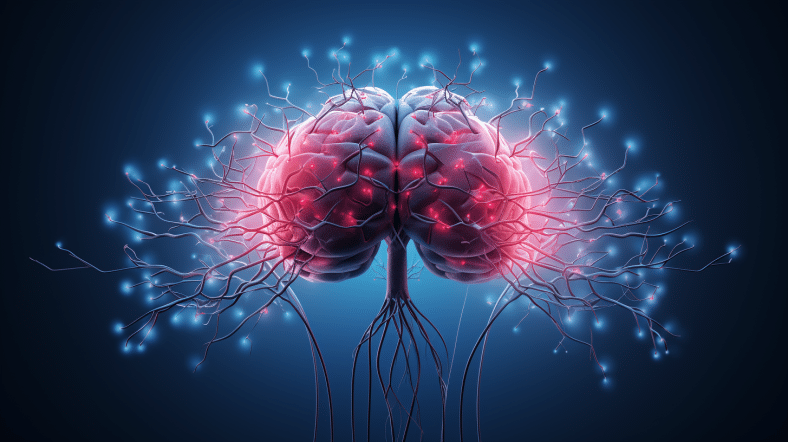D-Mannose & ACSS2 Enzyme: Rapid Depression Treatment via BDNF & TPH2
Researchers have uncovered a critical role for the metabolic enzyme acetyl-CoA synthetase short-chain family member 2 (ACSS2) in depression, identifying it as a novel target for rapid-acting and long-lasting antidepressant therapies. Findings show ACSS2 regulates both brain-derived neurotrophic factor (BDNF) levels to improve synaptic plasticity and serotonin synthesis through tryptophan hydroxylase 2 (TPH2) to mediate …






